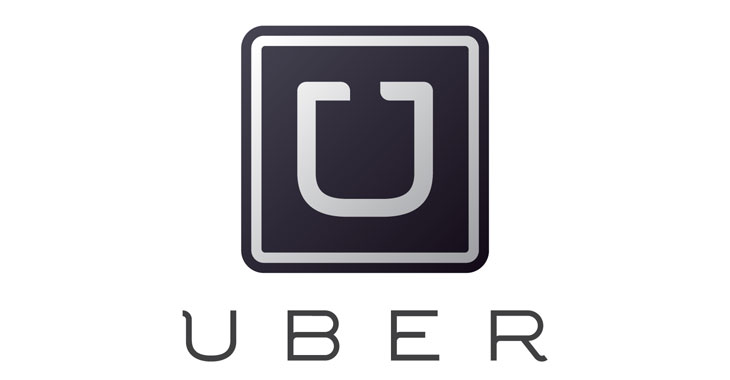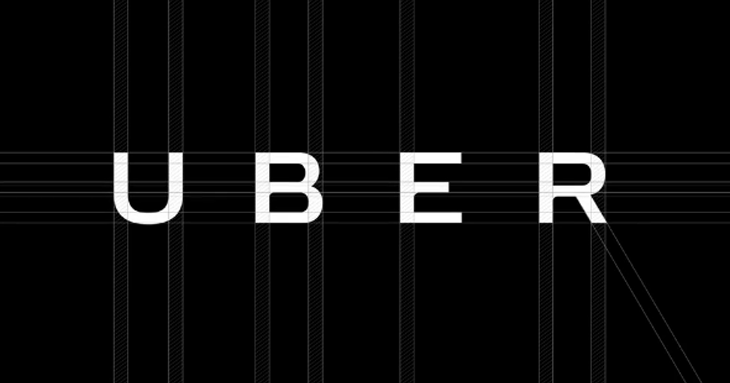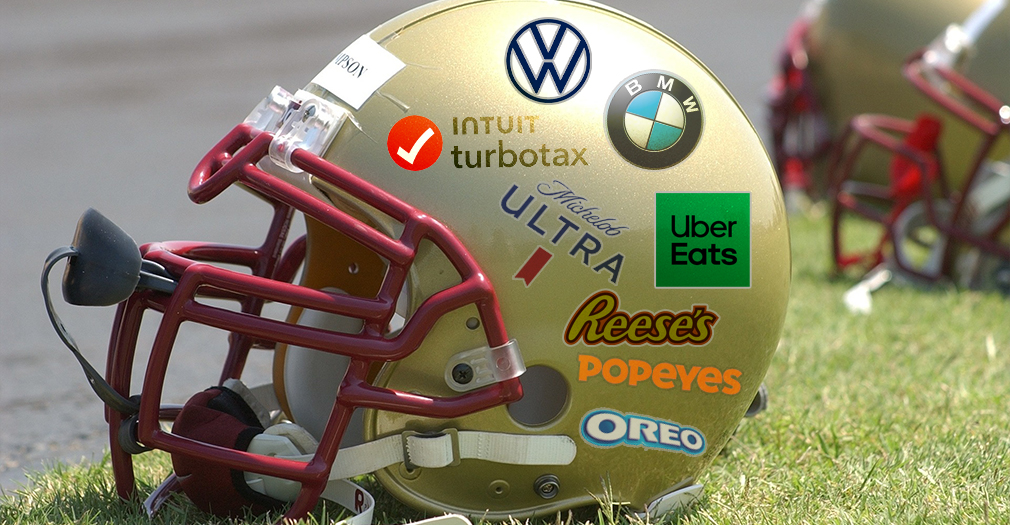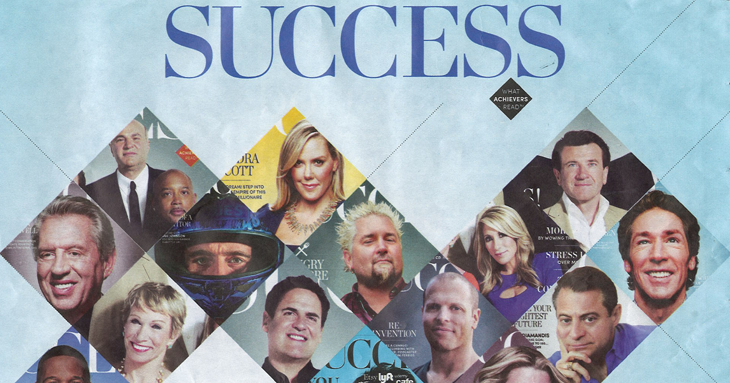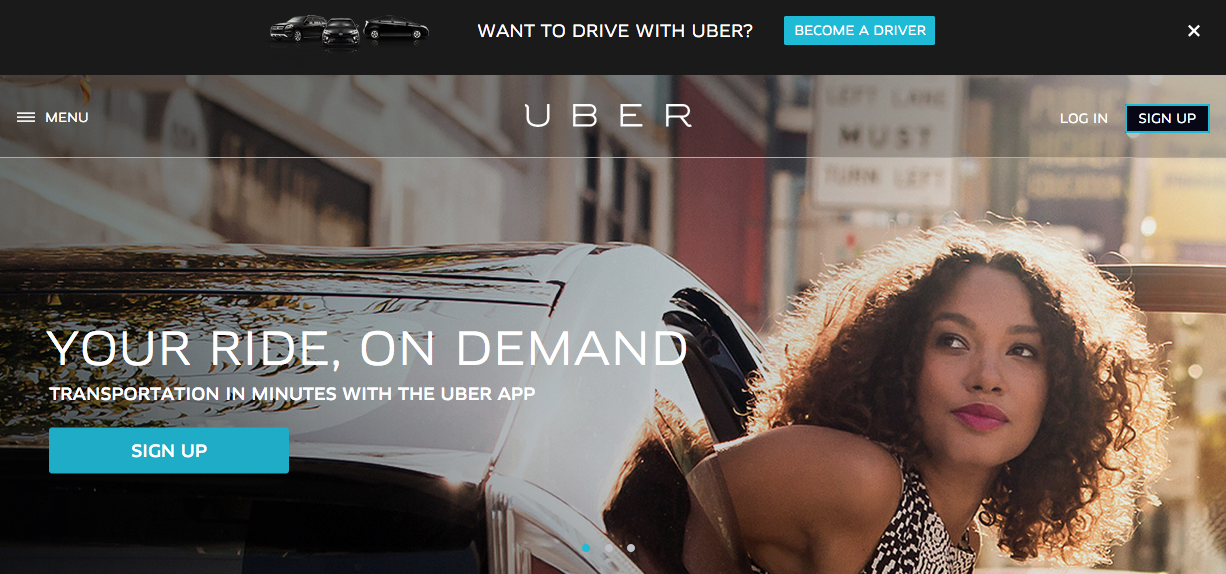
Uber’s Upfront Pricing
Allegations: Routinely charging riders more than the cost quoted to them before purchase in the app’s Upfront Pricing feature
August 2019: The Court granted final approval.
August 2017: A federal judge preliminarily approved the amended settlement agreement.
June 2017: Plaintiffs moved for preliminary approval of an amended settlement agreement, which provides class members with $0.25 for their first Safe Rides Fee Service and $0.05 for each subsequent Safe Rides Fee Service. In addition, the company agreed to be bound by the injunctive relief terms proposed in the 2016 settlement agreement. Specifically, the company agreed:
May 2017: The claims of one of the named plaintiffs (Philliben) were dismissed When a complaint is dismissed without prejudice, an amended version of the complaint can be refiled., the reasons for which have not been disclosed.
August 2016: A federal judge denied preliminary approval of the settlement concluding that the settlement’s terms did not base each class member’s compensation on the type and number of Uber services purchased and, as a result, “unfairly provide[d] preferential treatment to certain [] class members.”
February 2016: The parties agreed to settle this lawsuit. The proposed settlement provides both monetary and injunctive relief. According to its terms, the company will make various changes to its marketing, including:
In addition, class members may receive equal shares of the $28.5 million settlement fund after other costs and expenses (including administrative costs, service awards, and attorneys’ fees) are paid. If any money remains in the settlement fund, the remainder will be given to the National Consumer Law Center in the form of a (French for “as near as possible”): a legal doctrine that requires a judge to consider the manner in which unclaimed settlement funds in class action lawsuits are distributed. Under this doctrine, the remaining funds must be distributed for the indirect benefit of the class instead of benefiting the defendant. award.
January 2016: After several false advertising class-action lawsuits were filed against Uber, a consolidated complaint was filed alleging that the company’s advertising misrepresents its “Safe Rides Fee,” as well as the nature and character of background checks of drivers and other safety measures. Specifically, according to the complaint, Uber represents that the fee is used to support “industry-leading” background checks and other safety measures when, in reality, the company’s background checks and safety measures are “woefully inadequate.” (Philliben et al v. Uber Technologies, Inc. and Rasier, LLC, Case No. 14-cv-5615, N. D. CA.)
For more information about other class-action lawsuits filed against Uber and TINA.org’s coverage of the company, click here.
Allegations: Routinely charging riders more than the cost quoted to them before purchase in the app’s Upfront Pricing feature
The surprising way you may be paying more for delivery.
Several of this year’s Super Bowl advertisers have run into legal trouble for alleged deceptive marketing.
Ride-hailing service exaggerated earnings claims for drivers, FTC says.
This may not be such an impartial review.
Cab companies sue Uber over claims that the ride-sharing service is “the safest ride on the road.”
